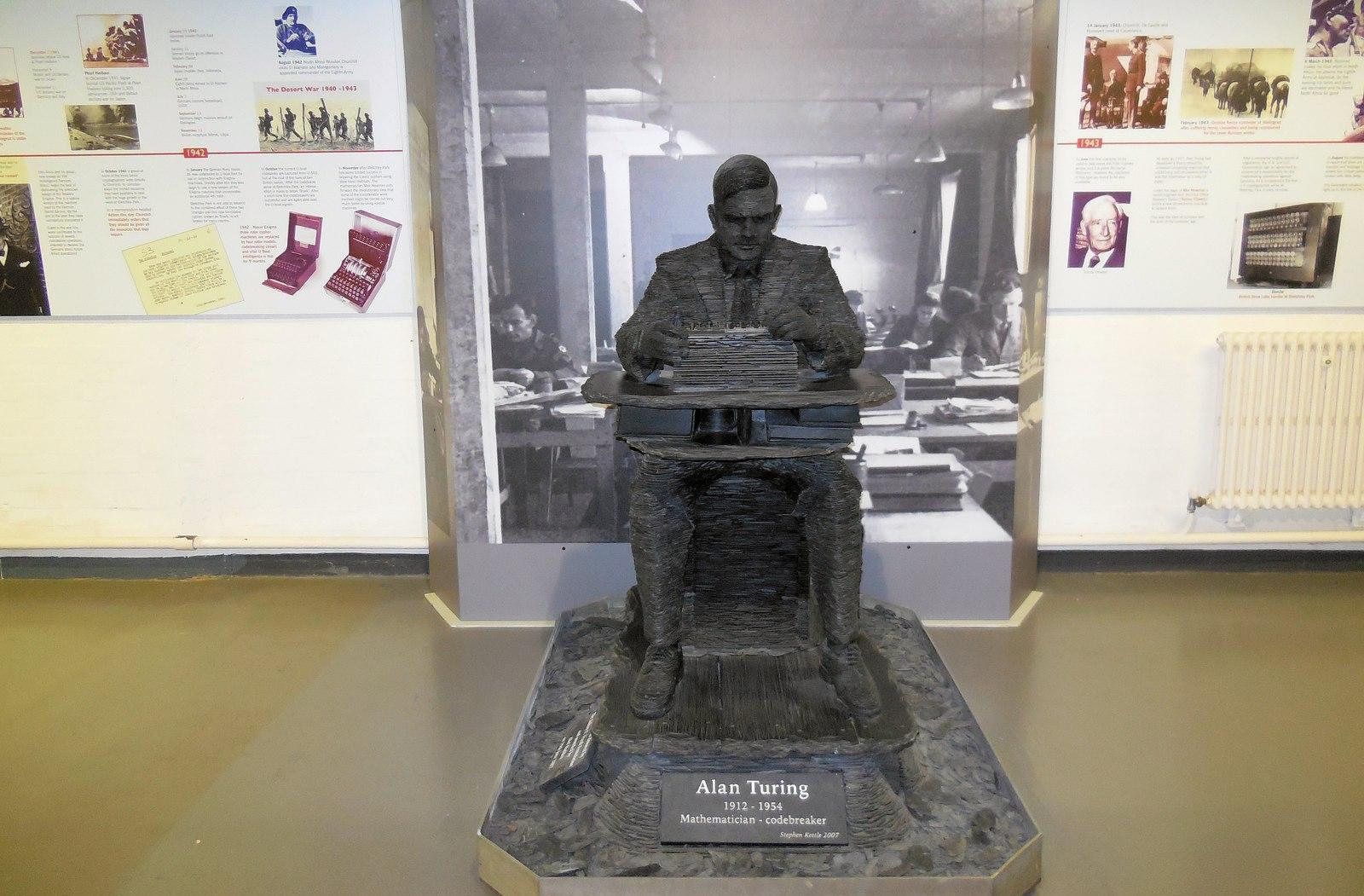10 Ways AI Went From Lab Experiment to Global Force by 2025
AI's ascension is not merely a story of technological progress but also one of societal transformation. The integration of AI into everyday life has reshaped industries, redefined jobs, and raised profound ethical questions. As we delve into this journey, we will explore the multifaceted impacts of AI, from enhancing productivity and efficiency to challenging existing norms and paradigms. The rise of AI is a global phenomenon, transcending geographical boundaries and cultural barriers. As we embark on this journey, it is crucial to recognize the diverse contributions and collaborations that have fueled AI's growth. Let's dive into the global landscape of AI, starting with a deeper exploration of the factors that have shaped its trajectory.
1. The Seed of Curiosity: Early AI Research and Development

The inception of AI can be traced back to the mid-20th century when pioneers like Alan Turing and John McCarthy began to explore the concept of machines capable of simulating human intelligence. This era was characterized by curiosity-driven research, with scientists and mathematicians delving into the possibilities of creating intelligent machines. Theoretical frameworks, such as the Turing Test, laid the groundwork for future developments, sparking interest and debate within academic circles. Despite the enthusiasm, early AI research faced significant challenges, primarily due to limited computational power and insufficient data. The initial optimism of the 1950s and 60s was met with periods of stagnation, known as "AI winters," where progress slowed, and funding dwindled. However, these setbacks did not deter researchers from pursuing their vision of intelligent machines. Instead, they fueled a deeper understanding of the complexities involved, leading to more refined approaches and methodologies. The early years of AI research were marked by a spirit of collaboration and interdisciplinary exploration. Researchers from fields such as mathematics, cognitive science, and computer engineering came together to tackle the challenges of creating intelligent systems. This collaborative approach laid the foundation for the diverse and dynamic nature of AI development, setting the stage for the breakthroughs that would follow in subsequent decades.